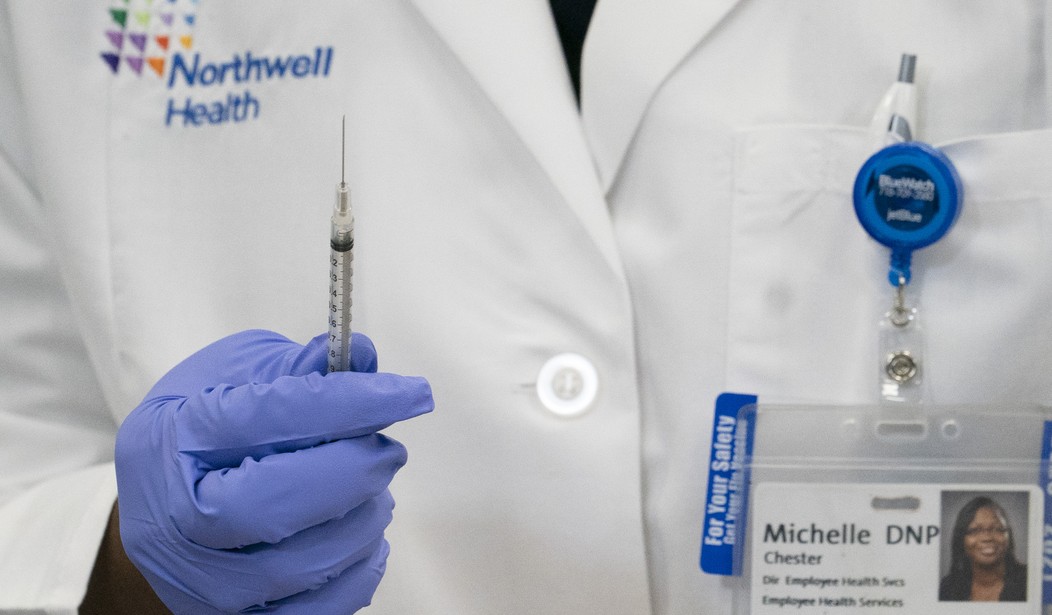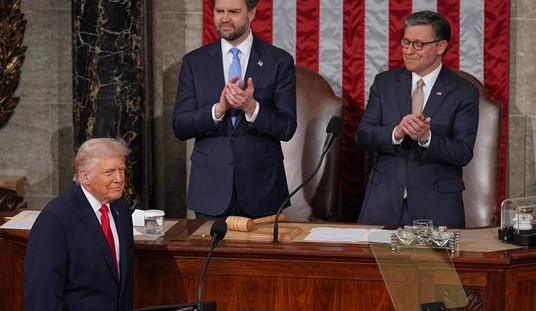There’s all sorts of good news on the vaccine front. The rollout of the Johnson & Johnson COVID vaccine has been relatively smooth and the government has ordered an additional 100 million doses. That means there will be enough vaccines on hand to inoculate every American adult before the end of May.
Just in time for the 4th of July.
But the big concern has been and remains how the vaccine works against the variants of the COVID virus popping up all over the world. The Brazil, South African, and United Kingdom variants all pose different challenges. The UK variant is significantly more contagious while the South African variant may be deadlier. They are different animals but share some common attributes. Would a vaccine designed to fight the “original” COVID-19 coronavirus be effective against all the variants?
Some of the variants apparently slow the production of antibodies created by the vaccines, but not significantly enough that it’s a concern.
The Covid-19 vaccine from Pfizer Inc. and BioNTech SE showed a high ability to neutralize coronavirus strains first detected in Brazil, the U.K. and South Africa, according to a new study.
In lab experiments, the shot demonstrated “roughly equivalent” levels of neutralizing activity against the Brazil and U.K. strains compared with a version of the virus from early last year. It also showed “robust but lower” activity against the South Africa variant, according to a letter to the New England Journal of Medicine.
While the research needs to be validated with real-world data, it offers another reason for optimism that the Covid vaccines are generally performing well against variants of the virus.
“All the serum samples efficiently neutralized USA-WA1/2020 and all the viruses with variant spikes,” the letter to the NEJM said. But what happens if a variant comes along that proves to be immune to current vaccines?
How worried should we be about the variants? They pose a challenge, but, compared to the original vaccine-development effort, it’s small. Pfizer-BioNTech and Moderna have said that they can develop booster shots within six weeks that work against these variants; Moderna has already started working on one that targets the South African version. From a scientific perspective, developing variant-specific vaccines is a straightforward proposition—one simply swaps the new genomic material for the old. Testing, manufacturing, and distribution could still take months. But the F.D.A. has released guidance designed to streamline the approval process for coronavirus boosters, indicating that it will review them using roughly the same approach it employs for annual flu shots.
The real good news is that as time goes by, mutations of the virus will almost certainly dilute its power to injure the human body. The 1918 flu pandemic ended only when the virus mutated into something far less deadly. COVID-19 never reached those levels of lethality but vulnerable populations were put at extreme risk because of the virulent way it attacks people with weak or compromised immune systems.
There is still much we don’t understand about this specific coronavirus. China isn’t helping by refusing to cooperate in the investigation of the origins of the coronavirus being conducted by the WHO. But eventually, researchers will piece together the puzzle and when the next potential pandemic shows up, we’ll be armed and ready to do battle at the beginning.









Join the conversation as a VIP Member